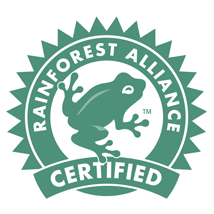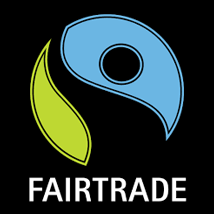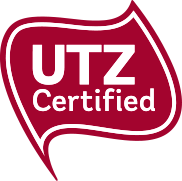The Ethical Warrior - Blog
It has been well reported over the last 15 years that child labour is a grave problem in the supply chain of chocolate. Approximately 59% of the world’s supply of cocoa beans is sourced from Africa, most notably the Ivory Coast and Ghana where these types of practices are rife. It’s important to be aware of how your favourite chocolate brands are made, and how to ensure when we indulge in our favourite treats, we do so without furthering exploitative labour practices.
Because of the structure of the tea supply chain, tea plantation owners are paid so little for their crops that they are not able to earn enough money to pay the workers adequately. This contributes to dire poverty amongst the workforce, and makes whole communities vulnerable to human trafficking. We can help by lobbying our favourite brands and being very selective about the tea brands we consume.
We place such a great deal of trust in food providers we purchase our food from but we place that trust without sufficient data and visibility of where they source the raw materials from. Seafood from South East Asia, most notably Thailand, Cambodia, Indonesia and Myanmar is reputed to be caught by fisherman working in terrible conditions. In March 2015, 600 Burmese men were rescued from boats in Indonesia - they were sleeping in cells, eating barely enough food to sustain them and were beaten if they couldn’t cope or they complained. We can help by informing ourselves about the types of issues that occur in the supply of our food and making more ethical choices ourselves.
The fashion supply chain is long and complex. With a push towards offshoring and globalisation, we have lost complete visibility of where and how our clothes are made. The 2016 Oxfam report on transparency in the fashion supply chain, found that just five of the 12 largest retailers in Australia are actually willing to disclose the locations of where their products are manufactured. From Bangladesh to Myanmar, from China to Cambodia and Vietnam, Australian brands are operating in near secrecy about how their clothes are made.









